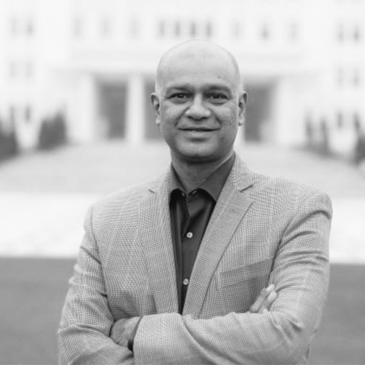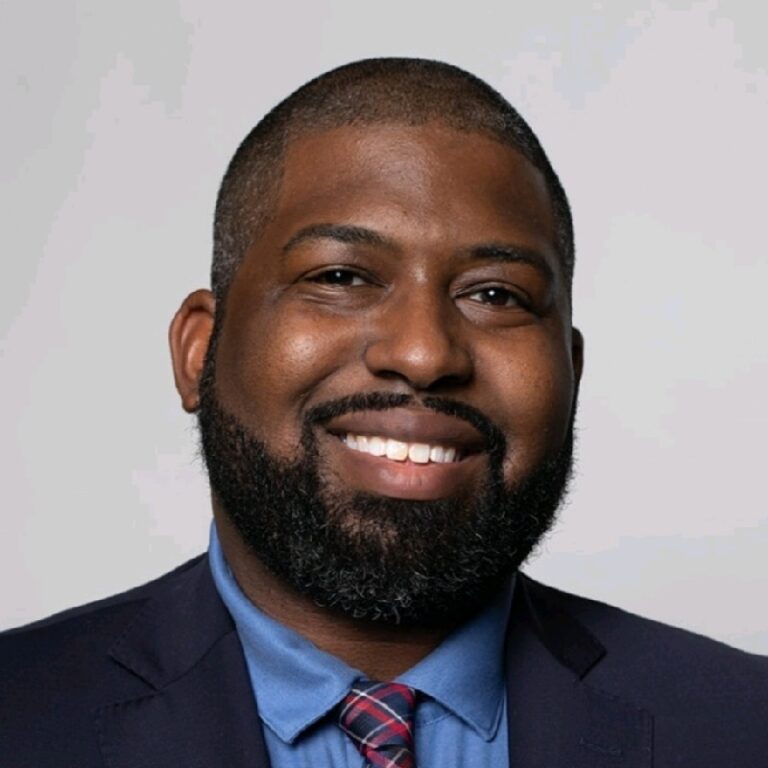Risa Mish is professor of practice of management at the Johnson Graduate School of Management. She designed and teaches the MBA Core course in Critical and Strategic Thinking, in addition to teaching courses in leadership and serving as faculty co-director of the Johnson Leadership Fellows program.
She has been the recipient of the MBA Core Faculty Teaching Award, selected by the residential program MBA class to honor the teacher who “best fosters learning through lecture, discussion and course work in the required core curriculum”; the Apple Award for Teaching Excellence, selected by the MBA graduating classes to honor a faculty member who “exemplifies outstanding leadership and enduring educational influence”; the “Best Teacher Award”, selected by the graduating class of the Cornell-Tsinghua dual degree MBA/FMBA program offered by Johnson at Cornell and the PBC School of Finance at Tsinghua University; the Stephen Russell Distinguished Teaching Award, selected by the five-year MBA reunion class to honor a faculty member whose “teaching and example have continued to influence graduates five years into their post-MBA careers”; and the Globe Award for Teaching Excellence, selected by the Executive MBA graduating class to honor a faculty member who “demonstrates a command of subject matter and also possesses the creativity, dedication, and enthusiasm essential to meet the unique challenges of an EMBA education.”
Mish serves as a keynote speaker and workshop leader at global, national, and regional conferences for corporations and trade associations in the consumer products, financial services, health care, high tech, media, and manufacturing industries, on a variety of topics, including critical thinking and problem solving, persuasion and influence, and motivating optimal employee performance. Before returning to Cornell, Mish was a partner in the New York City law firm of Collazo Carling & Mish LLP (now Collazo Florentino & Keil LLP), where she represented management clients on a wide range of labor and employment law matters, including defense of employment discrimination claims in federal and state courts and administrative agencies, and in labor arbitrations and negotiations under collective bargaining agreements. Prior to CC&M, Mish was a labor and employment law associate with Simpson Thacher & Bartlett in New York City, where she represented Fortune 500 clients in the financial services, consumer products, and manufacturing industries. She is admitted to practice before the U.S. Supreme Court and state and federal courts in New York and Massachusetts.
Mish is a member of the board of directors of SmithBucklin Corporation, the world’s largest trade association management company, headquartered in Chicago and TheraCare Corporation, headquartered in New York City. She formerly served as a Trustee of the Tompkins County Public Library, Vice Chair of the board of directors of the Community Foundation of Tompkins County, and member of the board of directors of the United Way of Tompkins County.















